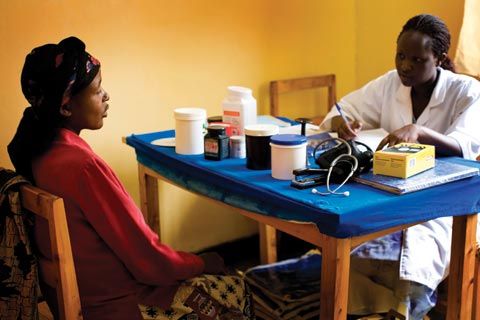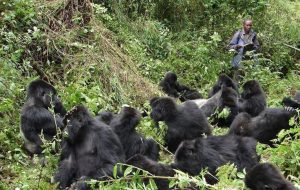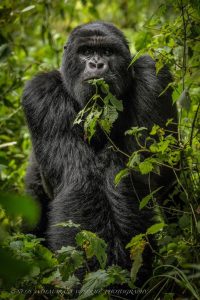Is Malaria a Risk on a Rwanda Safari?
Planning a safari in Rwanda is an exhilarating experience, offering the chance to witness majestic wildlife, including the rare mountain gorillas in Volcanoes National Park. However, as with any international travel, it’s crucial to consider health precautions and one of the most significant concerns in Rwanda is malaria. In this comprehensive guide, we’ll delve into the malaria risks in Rwanda, especially during safari adventures, and provide actionable steps to ensure your health and safety. Do You Need Malaria Precautions on a Rwanda Safari?
Understanding Malaria in Rwanda
Malaria is a serious mosquito-borne illness prevalent in many parts of sub-Saharan Africa, including Rwanda. The disease is transmitted by the female Anopheles mosquito, which is most active between dusk and dawn. While Rwanda’s high-altitude regions, such as Volcanoes and Nyungwe National Park, have a lower risk due to cooler temperatures, the risk remains significant in other areas, including Akagera National Park and urban centers like Kigali.
Should You Take Malaria Precautions?
Yes. Even if you’re visiting higher-altitude regions, it’s advisable to take preventive measures against malaria. The World Health Organization and health experts recommend antimalarial medications for travelers to Rwanda, regardless of the altitude.
Preventive Measures Against Malaria
To safeguard yourself from malaria during your Rwanda safari, consider the following precautions:
-
Consult a Healthcare Provider: Before traveling, consult with a healthcare professional to discuss and obtain appropriate antimalarial medications.
-
Use Mosquito Repellents: Apply insect repellents containing at least 30% DEET to exposed skin, especially during peak mosquito activity hours (dusk to dawn).
-
Wear Protective Clothing: Dress in long-sleeved shirts, long trousers, and socks to minimize skin exposure to mosquitoes.
-
Sleep Under Mosquito Nets: Use insecticide-treated mosquito nets when sleeping, or stay in accommodations with air conditioning or well-screened rooms.
-
Avoid Standing Water: Mosquitoes breed in stagnant water. Avoid areas with standing water to reduce exposure.
-
Monitor for Symptoms: Be vigilant for malaria symptoms, such as fever, chills, and fatigue, and seek medical attention promptly if they occur.
Additional Health Considerations
Beyond malaria, it’s essential to be aware of other health risks in Rwanda:
-
Vaccinations: Ensure you’re up to date on routine vaccinations and consider additional ones like hepatitis A and B, typhoid, and yellow fever (the latter is mandatory for entry into Rwanda).
-
Water Safety: Avoid drinking tap water. Opt for bottled or purified water to prevent waterborne illnesses.
-
Altitude Sickness: If trekking in high-altitude areas, be aware of the symptoms of altitude sickness and acclimatize accordingly.
Conclusion
While the prospect of encountering wildlife in Rwanda is thrilling, prioritizing your health ensures a safe and enjoyable safari experience. By taking proactive measures against malaria and other health risks, you can focus on the adventure ahead. Do You Need Malaria Precautions on a Rwanda Safari?
For more detailed information on health precautions and travel advisories, Visit Rwanda’s Health Page. Do You Need Malaria Precautions on a Rwanda Safari?




